Avoiding Fish Winterkill in Large Pond
plantinellen
13 years ago
Related Stories
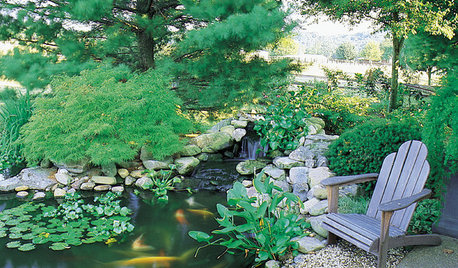
GARDENING AND LANDSCAPINGHow to Make a Pond
You can make an outdoor fish paradise of your own, for less than you might think. But you'll need this expert design wisdom
Full Story
LANDSCAPE DESIGNKoi Find Friendly Shores in Any Garden Style
A pond full of colorful koi can be a delightful addition to just about any landscape or garden
Full Story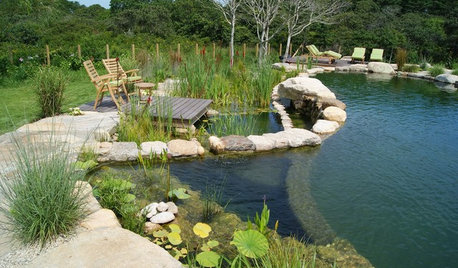
LANDSCAPE DESIGNSecrets of a Successful Water Garden
Relax. Having a water garden is much easier once you understand the basics
Full Story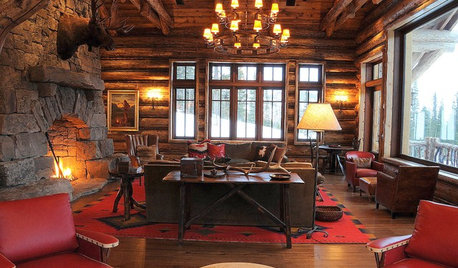
HOUZZ TOURSHouzz Tour: Artisanal Excellence in a Gracious Montana Ski Lodge
Rustic and rugged meet elegance and hand-crafted quality in this ski-in, ski-out vacation home for a family of 6
Full Story
TILETop Tile Trends From the Coverings 2013 Show — the Wood Look
Get the beauty of wood while waving off potential splinters, rotting and long searches, thanks to eye-fooling ceramic and porcelain tiles
Full Story
MOST POPULARMeet a Lawn Alternative That Works Wonders
Carex can replace turfgrass in any spot, is low maintenance and adjusts easily. Add its good looks and you’ve got a ground cover winner
Full Story
COASTAL STYLEFishy Business: Tilt the Scales With Aquatic Decor
A marine element can add a splash of whimsy to your home
Full Story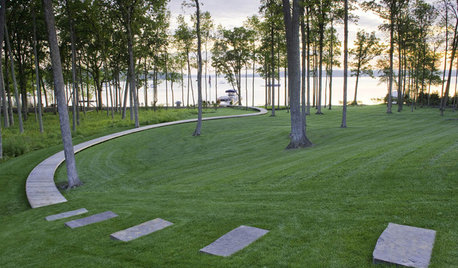
ARCHITECTUREThink Like an Architect: Know Your Homesite for a Great Design
Learn how to approach a building site the way professionals do — considering everything in sight
Full Story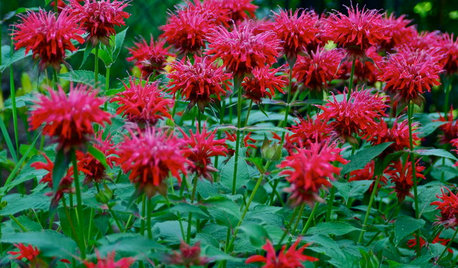
GARDENING GUIDES10 Deer-Resistant Native Flowers to Plant This Fall
Learn about natives that embrace some kinds of wildlife but resist grazing deer
Full Story
MODERN ARCHITECTUREKeep Your Big Windows — and Save Birds Too
Reduce bird strikes on windows with everything from architectural solutions to a new high-tech glass from Germany
Full Story





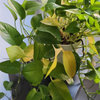
ageamd
plantinellenOriginal Author
Related Professionals
Edmond Landscape Architects & Landscape Designers · Otsego Landscape Architects & Landscape Designers · Piqua Landscape Architects & Landscape Designers · Brentwood Landscape Contractors · Lakeland Landscape Contractors · Anderson Landscape Contractors · Duarte Landscape Contractors · East Lake-Orient Park Landscape Contractors · East Patchogue Landscape Contractors · Hayward Landscape Contractors · Inglewood Landscape Contractors · North Canton Landscape Contractors · Rockwall Landscape Contractors · Crowley Landscape Contractors · Suisun City Landscape Contractorsserenae
ageamd
ccoombs1
bulldinkie